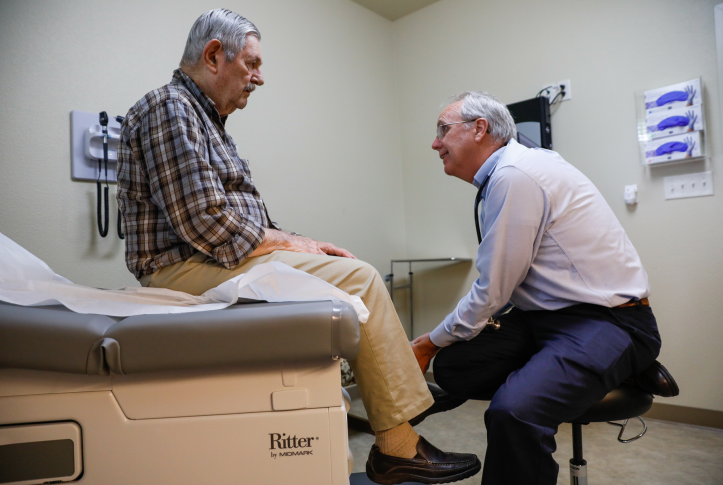

Primary care is associated with improved life expectancy and reduced health care disparities. It is the frontline of our health care system, and is critical for tackling the growing behavioral health crisis and addressing social needs of patients, particularly in the wake of the COVID-19 pandemic.
Despite its value, several indicators suggest that the sustainability and future of primary care is at risk. The percent of people reporting a usual source of care is declining and, compared to other high-income countries, U.S. patients report worse access to care and poor care coordination. Conditions are likely to deteriorate further as the supply of primary care physicians (PCPs) shrinks, particularly in rural areas, as a result of more physicians reaching retirement age, fewer physicians choosing to go into primary care, and growing burnout. As one of the country’s largest payers, Medicare can have a profound impact in addressing these issues and revitalizing primary care in the United States.